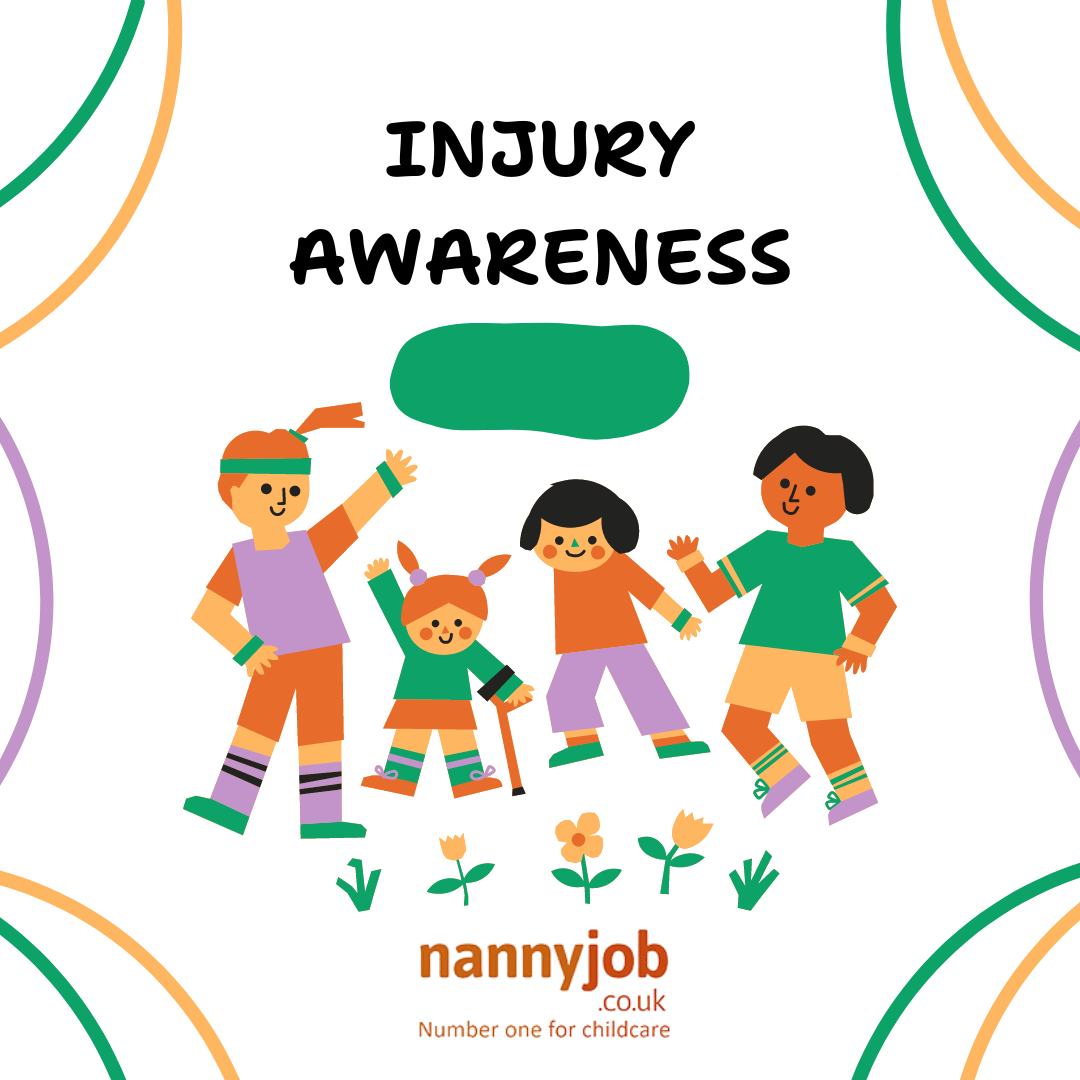Introduction
Children’s Art Week is a fantastic opportunity to celebrate and encourage creativity in children. Art is not just an enjoyable activity; it’s a crucial part of a child’s development. It nurtures creativity, improves cognitive skills, and provides a valuable means of expression. This week, let’s delve into the importance of art in children’s lives and explore ways nannies, childcarers, and families can foster artistic expression.
The Importance of Art in Child Development
- Enhances Creativity and Imagination: Art allows children to explore their imagination and express their unique ideas. Whether through drawing, painting, or sculpting, children learn to think creatively and solve problems in innovative ways.
- Develops Motor Skills: Activities like drawing, cutting, and painting help develop fine motor skills and hand-eye coordination. These skills are essential for writing and other daily tasks.
- Boosts Cognitive Development: Engaging in art stimulates various parts of the brain, enhancing critical thinking, memory, and concentration. Art can also introduce concepts such as shapes, colors, and spatial relationships.
- Emotional Expression and Healing: Art provides a safe outlet for children to express their emotions and experiences. It can be especially beneficial for children who find it difficult to verbalise their feelings.
- Cultural Awareness and Appreciation: Through art, children learn about different cultures, histories, and perspectives. This broadens their understanding and appreciation of the world around them.
How Nannies and Childcarers Can Encourage Art
- Provide Materials and Space: Ensure children have access to a variety of art supplies and a dedicated space to create. Simple materials like crayons, markers, paper, and clay can spark endless creativity.
- Incorporate Art into Daily Activities: Integrate art into everyday routines, whether it’s drawing during free time, painting outdoor scenes, or crafting holiday decorations.
- Celebrate Efforts, Not Just Outcomes: Focus on the creative process rather than the finished product. Praise children for their effort and creativity to build confidence and a love for art.
- Explore Different Art Forms: Introduce children to various forms of art, including music, dance, theater, and visual arts. This helps them discover their interests and talents.
- Organise Art Activities and Projects: Plan engaging art projects that can be done individually or as a group. Collaborative projects teach teamwork and collective creativity.
Supporting Families in Encouraging Art
Families play a crucial role in nurturing a child’s artistic abilities. Encourage parents to:
- Create a Creative Home Environment: Designate a space at home for art activities and display the child’s artwork to show appreciation.
- Engage in Art Together: Spend time doing art activities as a family. This not only fosters creativity but also strengthens family bonds.
- Visit Museums and Galleries: Take children to art museums and galleries to expose them to different styles and inspire their creativity.
Conclusion
Children’s Art Week is a wonderful time to highlight the importance of art in child development. By encouraging artistic expression, nannies, childcarers, and families can help children develop essential skills, express themselves, and appreciate the beauty of creativity.









